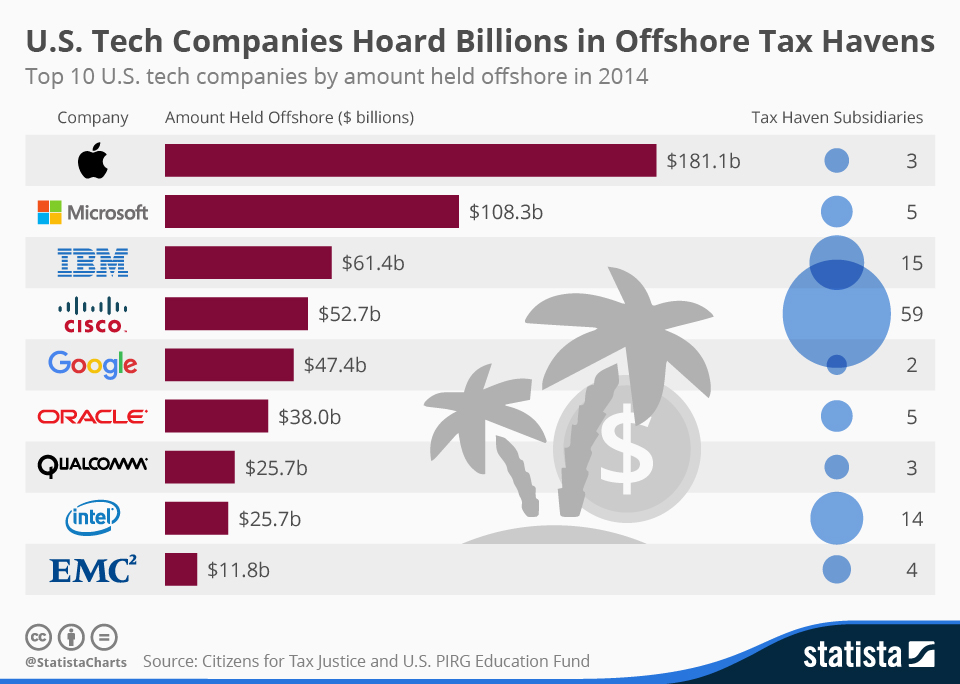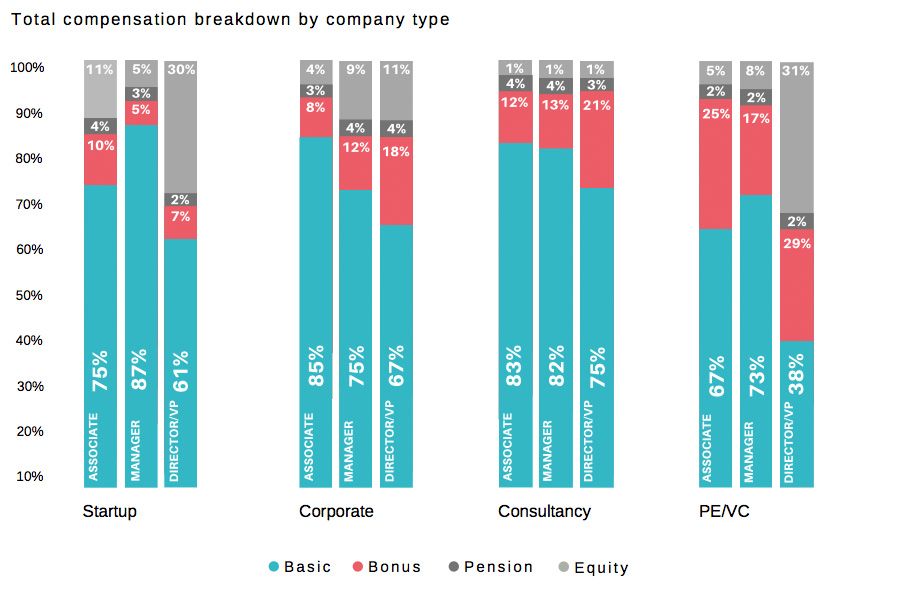
This article will help you find a job as an environment consultant. In this article, you will find information on the types of environmental consulting positions, how much they cost, and what you need to do to become one. It will also help you find an environmental consultant firm in Denver.
Job description
As an environmental consultant, you'll support companies in ensuring compliance with regulations, analyze samples, develop models, and make projections. You'll collaborate with technical experts to implement the most current engineering technologies. Project managers will also direct your work. Additionally, you'll be tasked with communicating with clients, subcontractors, and other stakeholders during field activities. Your technical knowledge will not be enough. You must also be committed to safety.
This job's pay scale can vary widely depending on education and experience. See the Professional Salary Report to find out more. A typical year for environmental consultants is between $63,354 and $83,552.

Salary
Denver has a higher salary than other parts of Colorado for Environmental Consultants. While the salary for an Environmental Consultant in Denver is higher than in other areas, it may still be important when choosing a region. The Colorado job market for Environmental Consultants is more lucrative than the Colorado average.
The Salary for an Environmental Consultant Denver depends on the company you work for. Some private midsize businesses offer competitive salaries, and their employees can enjoy benefits.
Types of environmental consultants
Several different job titles exist for Environmental Consultants in Denver. Apart from providing environmental consulting, these professionals can also create models and projections or analyze samples. They can also manage projects within the chemical and manufacturing industries. The salary of an Environmental Specialist can vary depending on experience and employer.
The ideal candidate for this role would hold a master's degree in environmental science or a related field and two to five years of related work experience. A good communicator, good organizational skills, and a sense of humor are also key requirements. You must also be able to work efficiently and quickly. They must also have strong technical writing skills as well as an eye for detail.

Denver, Colorado location for environmental consulting firm
Denver and the surrounding regions have many options for environmental consulting firms. Many environmental companies will handle both large and small projects, and they will provide you with an environmental assessment. Many of these companies offer asbestos surveys as well as other types of testing. You can also get help from environmental consultants in the area of litigation. These services are provided by many of the most reputable Denver environmental consulting firms. Learn more about Denver's environmental consulting firms.
Element Building Sciences in Denver is an environmental consulting firm that offers full service. They specialize in mold remediation and asbestos removal. They can also perform indoor air quality testing and laboratory analysis. You can rely on their services in schools, hotels, and other residential settings.
FAQ
How is consulting different to freelancing
Freelancers are self-employed individuals who offer their services to clients without employees of a company or agency. They generally charge an hourly rate depending on how long they spend on a client project. Consultants usually work for agencies or companies that employ them. Consultants are typically paid either monthly or annually.
Freelancers tend to have more flexibility than consultants because they control their work hours and set their own prices. But consultants have more benefits like vacation days, health insurance and retirement plans.
What are the different types of jobs available for consultants?
Being a consultant will require you to have a solid understanding of business strategy as well as operations. You must also understand how businesses operate and how they fit into society.
You must have excellent communication skills as well as the ability to think critically in order to be a consultant.
Consultants must be adaptable because they may be asked to do different tasks at different times. They must be flexible and able to change directions quickly if needed.
They must be prepared to travel extensively for the clients they represent. This kind of work can take them around the world.
They need to be able and able to manage pressure and stress. Consultants may need to meet strict deadlines.
As a consultant, you may be expected to work long hours. This could mean that overtime may not always be paid.
What is the real value of consulting?
Consulting is more than a job that allows you to quickly make money.
Consulting offers various opportunities from project management, business development, strategy, training, and leadership roles. It is possible to work on projects that range from small start ups to large, international corporations.
Consulting gives you the chance to grow and develop your skills. This could mean learning to manage teams, negotiate contracts, write proposals, manage budgets, analyze data, create presentations, conduct market research, and much more!
Which industries use consultants?
There are many types. Some focus on one particular type of business while others specialize in more than one area.
Some consultants are limited to working for private corporations, while others can represent large corporations.
Some consultants also work internationally and can help companies around the globe.
What qualifications do you need to be a consultant?
It is not enough to have an MBA degree. You must also have experience as a consultant. Two years experience should be gained in consulting or training for a major corporation.
Your experience in strategy development projects requires that you work closely with senior managers. This would require you to be comfortable with presenting ideas and getting buy in from clients.
You'll also need to pass a professional qualification exam such as the Chartered Management Institute's Certified Management Consultant (CMC) certification.
How can I become a successful consultant
First, find a subject you're passionate about. You must then build relationships. Knowing what your clients want and how they work is key. The final step is to provide results.
While you don’t necessarily have to excel at every task, you should be better than all the rest. You must also have passion for your work. It doesn't suffice just to say "I'm going be a Consultant." It's important to believe in your abilities and do what you love.
What tax do I have to pay on consulting income?
Yes, tax will be payable on any consultancy profits. The amount depends on how much you earn per year.
If you're self employed, you can deduct expenses beyond your salary.
However, you can't deduct interest payments for loans, vehicle depreciation or the cost to purchase equipment.
You cannot claim back less than PS10,000 in a given year.
But even if you're earning more than this threshold, you might still be taxed depending on whether you're classed as a contractor or employee.
The PAYE tax for employees and the VAT tax for contractors is generally paid as you earn.
Statistics
- 67% of consultants start their consulting businesses after quitting their jobs, while 33% start while they're still at their jobs. (consultingsuccess.com)
- "From there, I told them my rates were going up 25%, this is the new hourly rate, and every single one of them said 'done, fine.' (nerdwallet.com)
- According to statistics from the ONS, the UK has around 300,000 consultants, of which around 63,000 professionals work as management consultants. (consultancy.uk)
- WHY choose me: Why your ideal client should choose you (ex: 10 years of experience and 6-week program has helped over 20 clients boost their sales by an average of 33% in 6 months). (consultingsuccess.com)
- So, if you help your clients increase their sales by 33%, then use a word like “revolution” instead of “increase.” (consultingsuccess.com)
External Links
How To
How to Find the Best Consultant
When searching for a consultant, the first thing you should do is ask yourself what your expectations are. Before you begin looking for a consultant, it is important to know what your expectations are. Before you start looking for a consultant, make a list. This could include things like; professional expertise, technical skills, project management ability, communication skills, availability, etc. Once you have identified your requirements, you might consider asking friends and colleagues to recommend you. Ask them about their experiences with consultants and compare their recommendations to yours. You can also do some online research if you don't know of any. There are many websites that allow users to leave feedback about their previous work experiences, such as LinkedIn and Facebook, Angie's List or Indeed. Take a look at comments and ratings from others, and use that data to find potential candidates. Once you have a short list of candidates, contact them to arrange an interview. You should discuss your requirements with the candidates and ask them how they can help. It doesn't really matter if they were recommended; as long as they understand your business objectives, they will be able to show how they could help you achieve them.